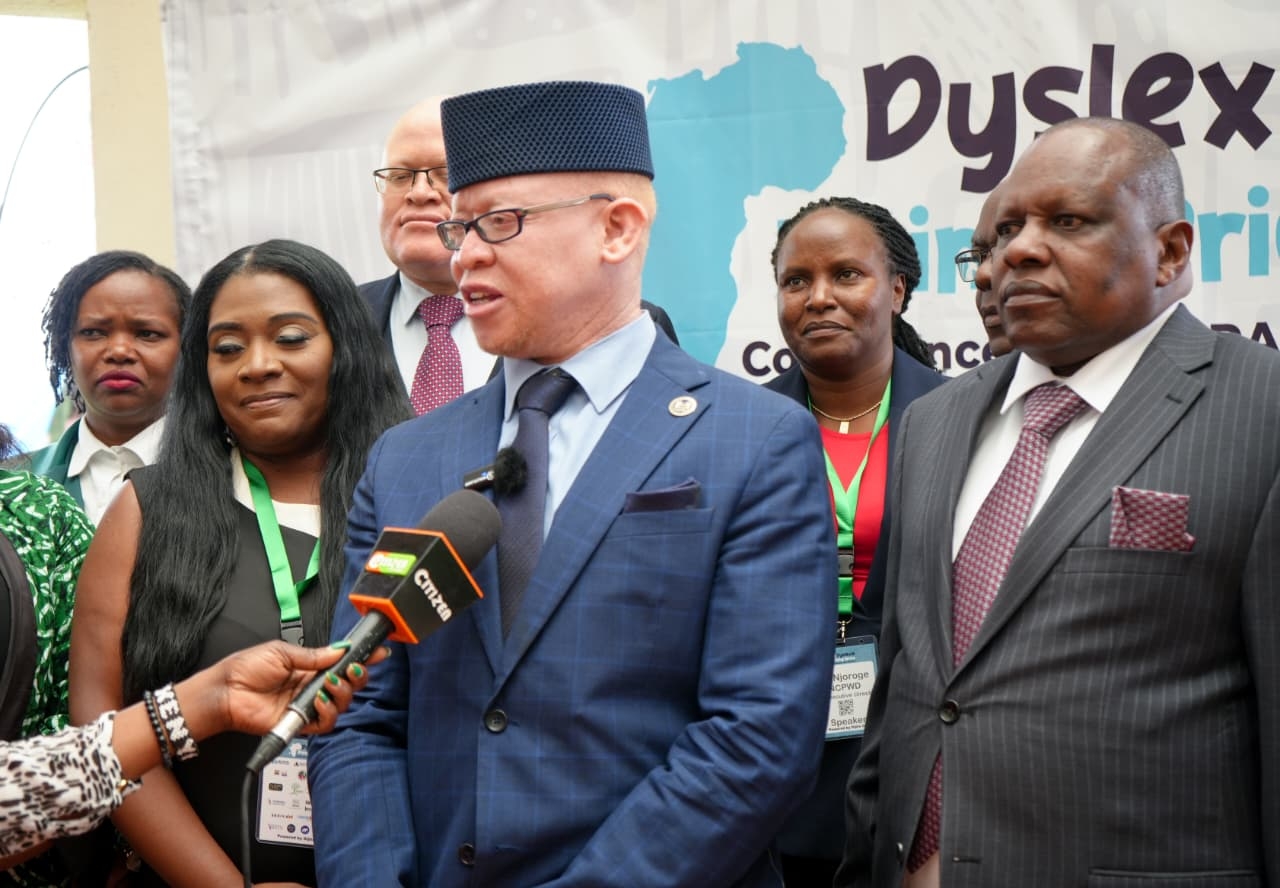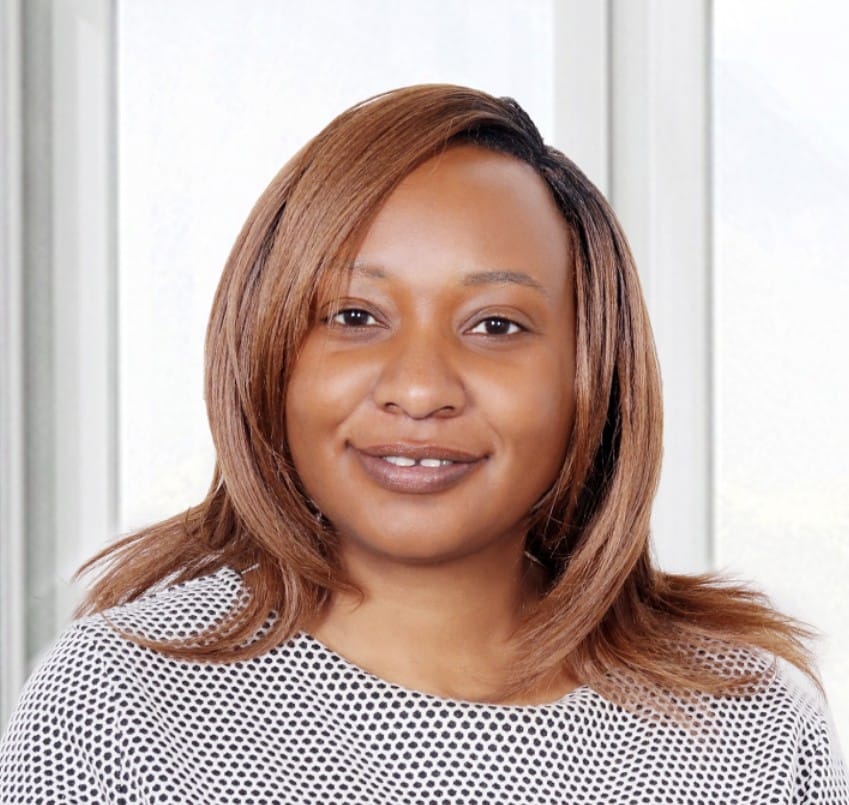
 Dr Nelly Kamwale, a wellness doctor passionate about social change, gender and mental health advocacy.
Dr Nelly Kamwale, a wellness doctor passionate about social change, gender and mental health advocacy.
Imagine having a mind that works differently — one that sees patterns others might miss, and connects ideas in unexpected ways. For people with Attention Deficit Hyperactivity Disorder (ADHD) and Dyslexia, this is everyday life.
While these conditions can bring challenges, they also come with remarkable strengths that can be powerful assets in business and career development.
Turning Differences into Strengths
People with ADHD are often full of energy, curiosity, and creativity. They think quickly, adapt easily, and thrive in dynamic and fast-paced environments. These traits make them well-suited for roles that demand innovation and quick decision-making.
Many entrepreneurs with ADHD credit their success to the very traits that once made school or structured jobs difficult.
Richard Branson, founder of the Virgin Group, has openly shared how his ADHD helped him think boldly and take risks that others might avoid. His ability to dream big, act fast, and stay flexible has been central to building a global business empire.
Careers in sales, marketing, media, and consulting are often great fits for individuals with ADHD. These fields value creativity, problem-solving, and social engagement — qualities that come naturally to people whose minds are always exploring new ideas.
The Creative Power of Dyslexia
Dyslexia, often associated with difficulties in reading and writing, is also linked to exceptional creativity and spatial reasoning. Many people with Dyslexia are big-picture thinkers who excel at visualising concepts and finding unconventional solutions.
Ingvar Kamprad, the founder of IKEA, famously said his Dyslexia inspired him to simplify product names and store designs — innovations that helped turn IKEA into a global brand. His story illustrates how a challenge can become a creative advantage when approached differently.
Dyslexic thinkers often shine in careers that involve visual or spatial reasoning, such as architecture, design, engineering, or the arts. Their ability to think in images and patterns makes them strong innovators and problem-solvers. They may also excel in entrepreneurship, where creativity and strategic thinking are highly valued.
Finding the Right Fit
To thrive professionally, individuals with ADHD or Dyslexia must first recognise their strengths and passions. Ask yourself: What comes naturally to me? What kind of work energises me? Understanding your strengths can help you choose a career path that plays to them.
Once you know where your strengths lie, the next step is building strategies that support your success. For people with ADHD, this might include using apps or tools to stay organized, setting reminders, and breaking big projects into manageable tasks.
People with Dyslexia might benefit from text-to-speech software, audiobooks, or visual learning tools that match how they process information.
Equally important is finding the right work environment — one that values creativity, flexibility, and results over rigid processes. A supportive team or supervisor who understands neurodiversity can make a huge difference.
The Role of Support Systems
No one succeeds alone. Mentors, coaches, colleagues, and friends can provide guidance and encouragement. Seeking mentorship from someone who understands your challenges can help you navigate professional growth with confidence.
It’s also helpful to be open about your needs at work. Many organizations now recognize the value of neurodiversity and offer accommodations that can help employees perform at their best.
Don’t be afraid to ask for help. Needing support doesn’t mean you are less capable — it means you’re self-aware and proactive. Whether it’s using technology, seeking feedback, or delegating certain tasks, small adjustments can lead to big improvements in performance and productivity.
Embracing Creativity and Innovation
Both ADHD and Dyslexia are linked to unconventional thinking — a quality that drives innovation in business and society.
People with these conditions often challenge the status quo, offering fresh perspectives that lead to breakthroughs.
In business, the ability to think differently is an asset. Companies constantly need new ideas, products, and approaches to stay competitive.
People with ADHD and Dyslexia bring exactly that — original thinking, creativity, and resilience. Their capacity to connect seemingly unrelated ideas often leads to new ways of solving problems.
Rather than trying to fit into traditional molds, individuals with these conditions can excel by embracing what makes them unique. Turning differences into strengths requires confidence and self-acceptance, but it can open doors to meaningful, successful careers.
Changing How We View Neurodiversity
ADHD and Dyslexia are not barriers to success. They are simply different ways of processing information and interacting with the world. With the right understanding, tools, and opportunities, individuals with these conditions can thrive.
More workplaces are beginning to appreciate neurodiversity — the idea that brains work in many different ways, and that this diversity strengthens organisations.
Encouraging inclusion and flexibility benefits not just neurodivergent individuals, but entire teams and companies.
A Mindset of Possibility
Ultimately, thriving with ADHD or Dyslexia begins with self-awareness and acceptance. When you understand how your mind works, you can create strategies that let your strengths shine. Whether through entrepreneurship, creative industries, or leadership roles, there are countless paths to success.
The world needs diverse thinkers — people who see possibilities where others see problems. With courage, creativity, and the right support, individuals with ADHD and Dyslexia can turn what once felt like obstacles into powerful advantages.
In summary:
ADHD and Dyslexia are not limitations but unique lenses for innovation and creativity.
By embracing their strengths, seeking supportive environments, and developing practical strategies, individuals with these conditions can thrive — not despite their differences, but because of them. The key is to see beyond the label and unlock the potential within.
Dr Nelly Kamwale is a wellness doctor passionate about social change, gender and mental health advocacy.











![[PHOTOS] How Suluhu’s swearing in went down](/_next/image?url=https%3A%2F%2Fcdn.radioafrica.digital%2Fimage%2F2025%2F11%2F9cbad8a5-9bff-410e-b157-a335c61d6d8d.jpg&w=3840&q=100)










